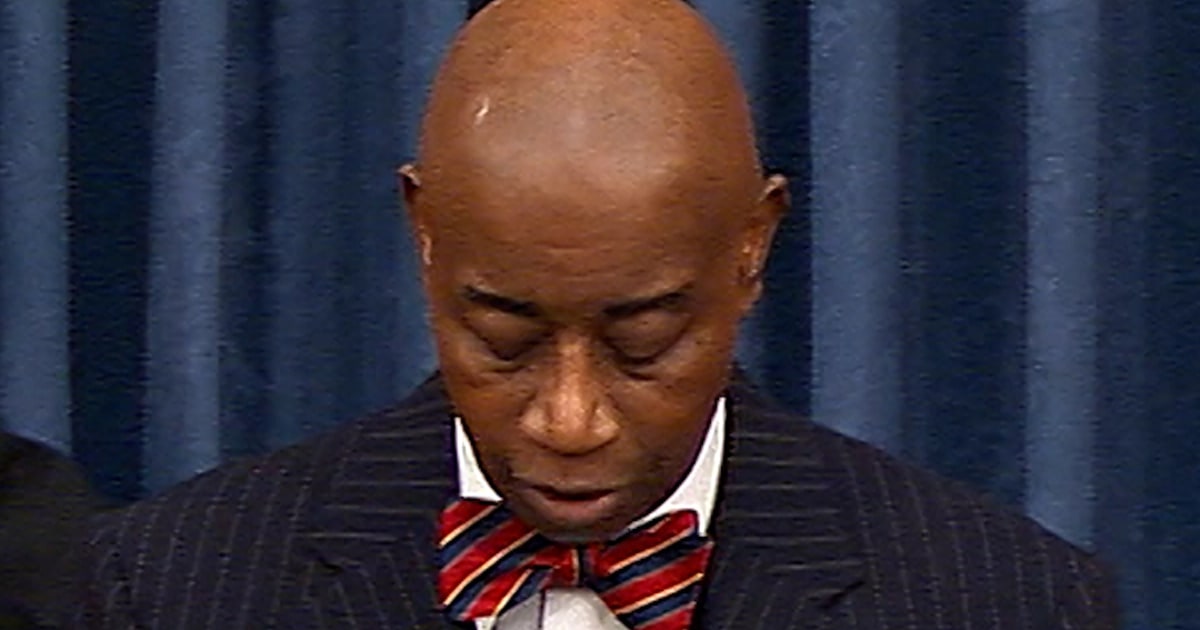New cases of cancer have been rising among younger people, worrying patients and doctors about causes.
Source link
Sept. 30, 2025, 12:04 PM EDTBy Kaan OzcanNew cases of cancer have been rising among younger people, worrying patients and doctors about causes. A new study suggests increasing numbers of cases of early onset cancer are largely due to improved and more routine screening, while mortality rates among younger people haven’t changed.The study, published Monday in JAMA Internal Medicine, compared rates of new diagnoses over the past three decades to mortality rates of the fastest-rising cancers in adults under 50. Of the eight cancers the research team studied, only two, colorectal and endometrial, showed increases in deaths. Other cancers included thyroid, anal, pancreatic, kidney, myeloma and small intestine. While breast and kidney cancers have increased in incidence, the mortality rates across all age groups have decreased in recent years.In fact, invasive breast cancer has been increasing faster in women under 50 than women over 50, at around a 1.4% increase per year from 2012 to 2021, according to the American Cancer Society. Similarly, colorectal cancer rates increased 2.4% per year in adults under 50 years and by 0.4% in adults 50-64 from 2012 to 2021. However, deaths have been halved for both because of earlier detection and improved treatment such as immunotherapies.Advances in screening technology and recommended screening at younger ages have allowed doctors to detect tumors at their earliest stages, including cases that may not ever negatively affect a person’s health.Dr. H. Gilbert Welch, senior investigator at the Center for Surgery and Public Health at Mass General Brigham hospital and a co-author of the study, said the harder doctors look for cancer, the more they are bound to find. “There really isn’t much more cancer out there,” Welch said. “We’re just finding stuff that’s always been there. That’s particularly true in things like the thyroid and the kidney.”The increase in “diagnostic scrutiny” for cancer adds to the uptick in some cancer case numbers. “Largely, what’s going on here is that people are getting tested more, and they’re getting more, if you will, powerful tests that can resolve smaller and smaller abnormalities,” he said. “This is largely simply unearthing things that have always been there.”Last year, the highly influential U.S. Preventive Services Task Force lowered the recommended age for first breast cancer screenings to 40, down from 50. And as deaths from colon cancer among people ages 45 to 49 ticked up, in 2021 the recommended age to start screening dropped from 50 to 45. Dr. Ahmed Jemal, senior vice president for surveillance, prevention and health services research at the American Cancer Society, said rising incidence rates can’t simply be chalked up to more and improved screening. Some of the causes are diet, obesity and physical inactivity.The study also pointed out that unnecessary treatments, such as surgery or radiation or chemotherapy, for cancers that aren’t “clinically meaningful” can cause multiple burdens for younger patients, Jemal said. A clinically meaningful cancer is considered dangerous and could spread if it is untreated. “You create not only cost burden, but you create anxiety,” Jemal said. Dr. Philippe E. Spiess, chief of surgery at Moffitt Cancer Center in Tampa, Florida, said the psychosocial aspect of cancer is another significant consequence. “Once a patient physically knows they have a mass, there is a significant burden that you have related to knowing that,” he said.Rather than intervene with every cancer doctors find, Spiess said, it’s important for doctors to assess whether patients’ cancers are dangerous and at risk of harming them. If tumors are small enough to be considered nonlethal, doctors should work with patients to monitor and continually assess their risk.“As long as the patient is committed to observation and surveillance, I think the consideration there is that you’re really not losing anything,” Spiess said.Kaan OzcanKaan Ozcan is an intern with NBC News’ Health and Medical Unit.




